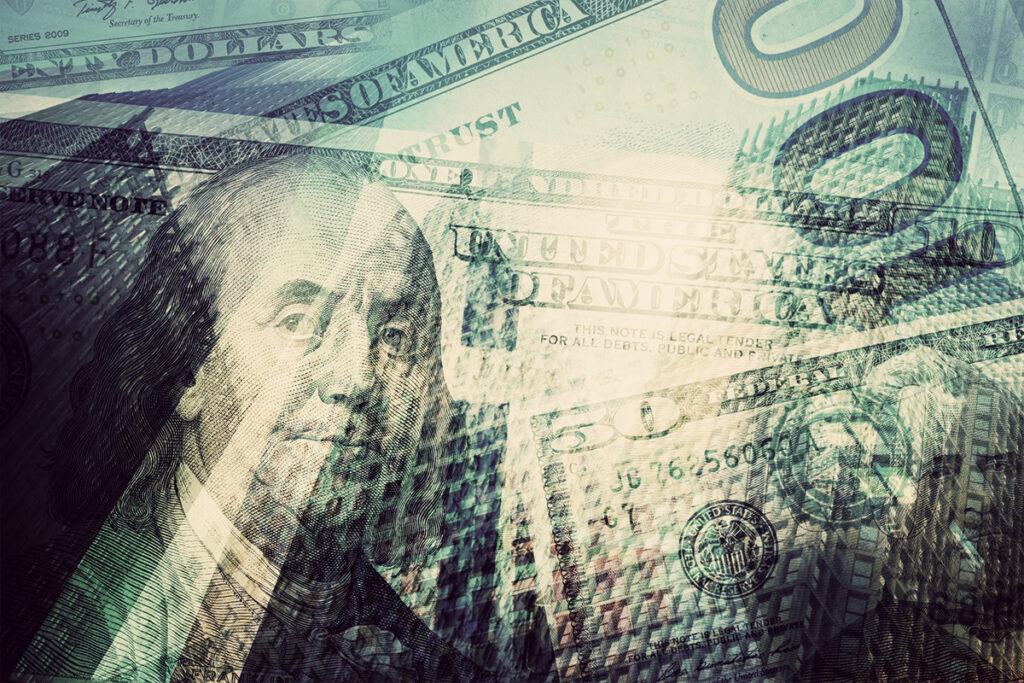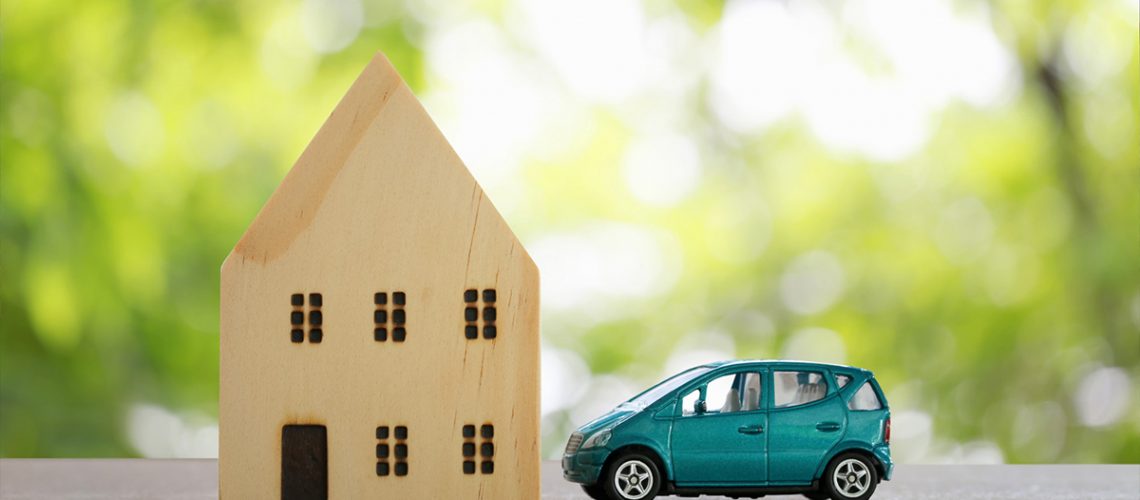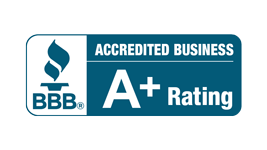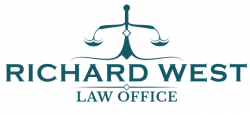Can I File Bankruptcy and Not Lose All of My Assets?
When filing for bankruptcy, the type of bankruptcy plays an important role in determining the fate of a house or car. There are two primary types of consumer bankruptcy: Chapter 7 and Chapter 13.
- In Chapter 7 bankruptcy, also known as liquidation bankruptcy, a person's non-exempt assets are sold to pay off creditors.
- Chapter 13 bankruptcy allows individuals to set up a debt repayment plan that spans three to five years.
Whether you can keep your house or car when you file bankruptcy depends on various factors, including the type of bankruptcy filed, the presence of secured loans, state exemption laws, and your ability to meet your financial obligations.
About 14% of U.S. households — or roughly 17 million — owe more than they own, according to Federal Reserve Bank of New York estimates. Many of these households could benefit from having their debts wiped out, but fewer than 1% of U.S. households actually file for bankruptcy each year. [1]

What is the Ohio Homestead Exemption?
In Ohio, the homestead exemption for filing bankruptcy allows you to protect a certain amount of equity in your primary residence. As of 2021, the exemption amount is $145,425.
This means that if you file for bankruptcy in Ohio, you can keep up to $145,425 of equity in your home, and it will be safe from creditors. This exemption only applies to your primary residence and not to additional properties or vacation homes.
Other Ohio Bankruptcy Exemptions
- Personal Property: You can exempt up to $4,000 in personal property, including furniture, appliances, clothing, and jewelry.
- Motor Vehicles: You can exempt up to $4,000 in equity in one motor vehicle per debtor or up to $8,000 if the vehicle is equipped for a disabled person.
- Tools of Trade: You can exempt up to $2,400 in tools, equipment, or books used in your trade or profession.
- Retirement Accounts: IRAs and other qualified retirement accounts are fully exempt under federal law.
- Public Benefits: Certain public benefits, such as Social Security, unemployment compensation, and workers' compensation, are exempt from bankruptcy proceedings.
- Insurance: Life insurance proceeds, annuity contracts, and disability or illness benefits are exempt up to a certain amount.
- Health Aids: A variety of health aids, including wheelchairs, canes, and prosthetic devices, are exempt.
Secured Debts
Secured debts are backed by collateral, such as a mortgage or car loan. The creditor has a legal right to repossess or foreclose on the property if the debtor fails to make payments. In bankruptcy, the debtor has three options for dealing with secured debts.
- Reaffirmation: The debtor can choose to reaffirm the debt, which means they agree to continue making payments and keep the collateral. This allows the debtor to retain the property.
- Redemption: The debtor can obtain a loan to pay off the secured debt in one lump sum, often at a discounted amount based on the value of the collateral. This allows the debtor to retain the property by paying off the debt in full.
- Surrender: The debtor can choose to surrender the collateral to the creditor, discharging the debt associated with it. This means the debtor will no longer be responsible for the debt, but they will lose the property.

Unsecured Debts
These are debts that are not backed by collateral, such as credit card debts, medical bills, or personal loans. In bankruptcy, unsecured debts are typically discharged or eliminated, and the debtor is no longer responsible for repaying them. Certain unsecured debts, such as student loans and tax debts, may not be dischargeable in bankruptcy.
Keeping Your House and Car in Chapter 7 Bankruptcy
When it comes to your house, whether you can keep it or not depends on various factors, such as your equity in the property and the exemptions available in your state. Equity refers to the value of your home minus any outstanding mortgages or liens. If your equity is below a certain threshold, you may be able to keep your house. Even if your equity exceeds the threshold, some states provide homestead exemptions that allow you to protect a certain amount of equity from creditors.
If you are current on your mortgage payments and can demonstrate that you can continue making those payments after bankruptcy, it increases the likelihood of keeping your home. Remember, Chapter 7 bankruptcy aims to provide you with a fresh start, not leave you homeless.
If you own the car outright, meaning you don’t have any outstanding loans on it, you can typically keep it as long as its value falls within the allowed exemption limit. If you have a car loan, the situation can be a bit more complicated.
You can reaffirm the car loan, meaning you agree to continue making the payments and keep the car even after bankruptcy. This involves signing a reaffirmation agreement with the lender, which essentially removes the car loan from the bankruptcy discharge.
By reaffirming the loan, you maintain your legal obligation to repay it, and the lender allows you to keep the vehicle. Reaffirming the car loan also means that if you were to default on the payments in the future, the lender can repossess the car.
If the car loan has a significant outstanding balance and its value exceeds the allowed exemption limit, you might have to negotiate a redemption with the lender. Redemption allows you to keep the car by paying its fair market value in a lump-sum payment instead of the outstanding loan balance. This option can be beneficial if the car loan’s balance significantly exceeds the actual value of the vehicle.
Keeping Your House and Car in Chapter 13 Bankruptcy
In Chapter 13 bankruptcy, also known as a wage earner’s plan, the debtor works with a court-approved trustee to develop a repayment plan that spans over three to five years. This plan aims to reorganize the debtor’s finances, consolidating their debts and establishing affordable monthly payments based on their income and expenses.
Through the repayment plan, homeowners can prioritize mortgage payments and distribute any outstanding amounts over the course of the plan, typically resulting in a lower monthly payment. Chapter 13 bankruptcy puts an automatic stay in place, preventing creditors from pursuing further collection actions giving homeowners time and space to work towards financial stability.
Chapter 13 bankruptcy also protects vehicles from repossession. By including car loan payments within the repayment plan, debtors can ensure the continuation of their vehicle ownership while also paying off their outstanding balance. Interest rates on car loans in Chapter 13 bankruptcy are reduced to make the payments even more manageable.

Are you considering filing for bankruptcy in Cleveland but worried about losing your house and car?
Contact the Richard West Law Firm today to schedule a free consultation.
Source:
[1] Cfp, L. W. (2023, October 8). Fear of Bankruptcy Holds Too Many People Back. NerdWallet. https://www.nerdwallet.com/article/finance/fear-of-bankruptcy-holds-too-many-people-back




